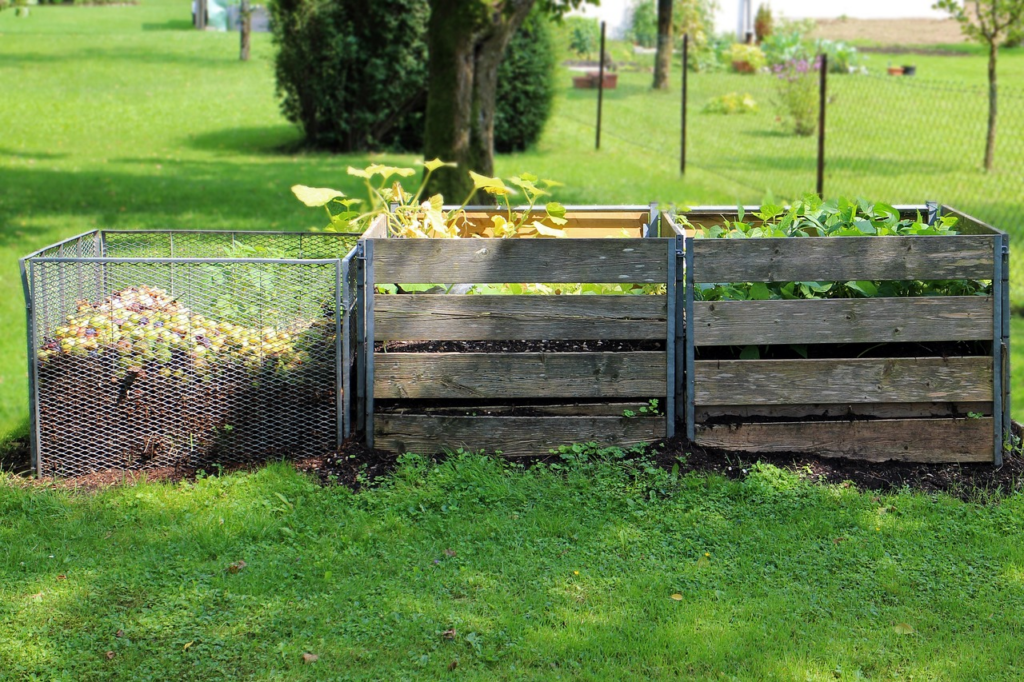Image credit: Unsplash
Human composting, also known as natural organic reduction, will be permitted in California beginning in 2027. People are nonetheless keen to use this environmentally beneficial burial technique right away, despite the wait. Blaire Van Valkenburgh is among the increasing number of Californians who are opting to have their loved ones’ remains composted outside of their state. Van Valkenburgh made arrangements after her husband passed away for his remains to be transported to Washington, which was the first state to allow human composting in 2020.
This method, which replaces traditional burial or cremation with the conversion of human remains into soil, is said to be more environmentally friendly. Due to the growing demand for human composting, companies in California are working with suppliers outside of the state. For instance, package discounts are available from Anaheim’s Clarity Funerals and Cremation in conjunction with Washington-based Return Home, a human composting business. Through this collaboration, Southern Californians can incinerate the remains of their departed loved ones in Washington state while the California statute is pending.
The human composting facilities in Washington are seeing a constant influx of out-of-state customers, mostly from California. These services are now offered by three mortuaries in Washington, and they report a sizable increase in business from non-resident clients who fly or drive their departed loved ones into the state.
Former California Assemblywoman Cristina Garcia, who authored the state’s human composting law, explained her personal motivations behind the legislation. “I love the outdoors and I really want to be a tree in my afterlife,” Garcia told the Los Angeles Times. “My family has a crypt in Mexico, where there are no trees or shade around. I want my soil to be used specifically for a plum tree, my favorite fruit, and my loved ones can visit me there.”

Garcia had originally hoped to execute the changes before 2027. She did, however, consent to a later time in order to give the state Cemetery and Funeral Bureau more time to create the necessary guidelines and regulations for the procedure. She said, “I didn’t want to take the chance that it wouldn’t pass.”
The postponement of the legalization of human composting has given rise to a nascent industry that assists Californians in exploring environmentally sustainable interment choices outside state boundaries. This trend reflects a move away from traditional burial customs and a growing need for natural and sustainable post-mortem solutions. It also reflects larger environmental concerns.
The process of human composting, often referred to as terramation, natural organic reduction, or recomposition, is putting the corpse in a container with organic elements like alfalfa, wood chips, and straw. Microbial activity breaks down the corpse over 30 to 45 days, leaving nutrient-rich soil behind. This approach is said to be less harmful to the environment than traditional burial, which frequently uses chemicals for embalming, or cremation, which produces a large amount of carbon dioxide emissions.
It is projected that additional partnerships and services will surface as the legalization date of 2027 draws near in order to satisfy Californians’ increasing demand. People are starting to accept the practice as a means of lessening their influence on the environment even after they pass away. As a leader in this area, Washington opens the door for other states to embrace human composting by showing that it is both popular and feasible


































































































































































































































































































































































